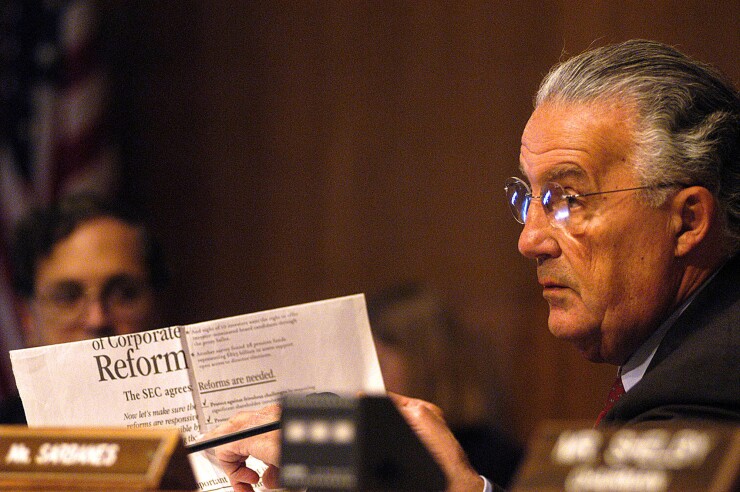The audits of companies’ internal controls mandated by the Sarbanes-Oxley Act are good predictors of financial fraud, according to a new study.
The study, by professors Matthew Ege of Texas A&M University and Dain C. Donelson and John M. McInnis of the University of Texas at Austin, found the incidence of fraud disclosures at companies previously found by auditors to have material weaknesses in their internal controls is approximately 80 to 90 percent greater than companies on average, depending on how it was measured. Of the 127 fraud cases identified by the study, 36 of them, or nearly 30 percent, occurred after auditor reports of material weakness in internal controls. The study appears in the August/October issue of Auditing: A Journal of Practice & Theory, a quarterly published by the American Accounting Association.
The researchers collected 14,000 internal-control opinions from auditors for large and midsized corporations, examining the relationship between reports of material weaknesses and reports of corporate fraud within the following three years.
“Although material-weakness reports mostly reflect accounting errors and portend revelations of fraud only infrequently, the fact that they precede almost 30 percent of the instances where fraud does, in fact, come to light should lead investors, regulators and legislators to take notice,” Ege said in a statement.
The study provides ammunition for defenders of the Sarbanes-Oxley Act of 2002, particularly Section 404(b), which mandates outside audits of public companies’ internal controls. The legislation was passed in the aftermath of the wave of accounting scandals of the early 2000s at companies such as Enron and WorldCom. However, Congress later relaxed the requirement for so-called “emerging growth companies” in the JOBS Act of 2012, in an effort to spur the development of startup businesses with less than $1 billion in annual revenues that want to go public. The Financial Choice Act that the House passed in June would lower the threshold further to $50 million.
“SOX Section 404(b) provides a potential benefit of an early warning system for future fraud revelation,” said the study. “Given the criticism of SOX and discussion in favor of its repeal or curtailment, this benefit is an important consideration alongside the costs of internal control reporting.”






